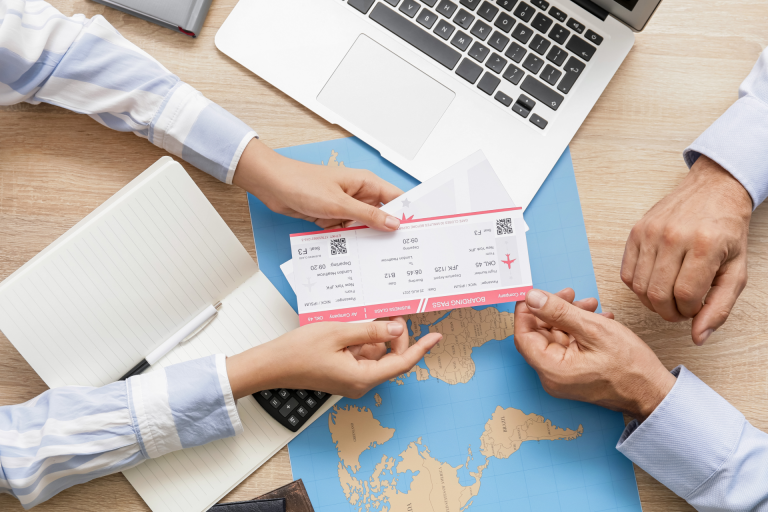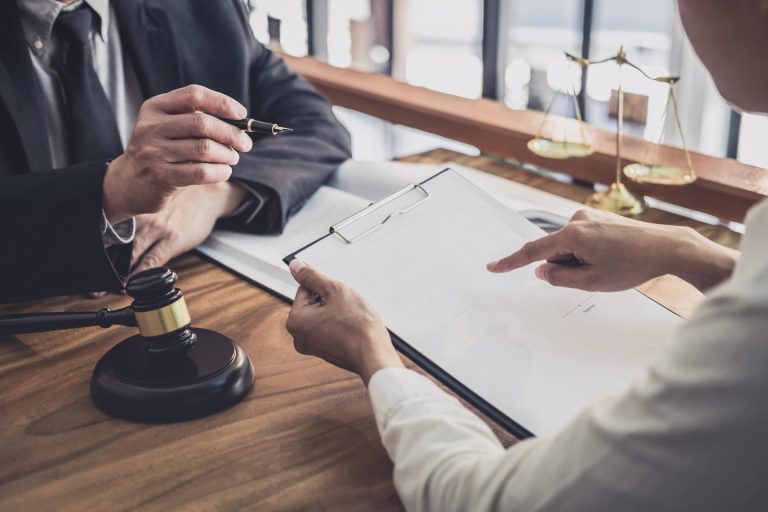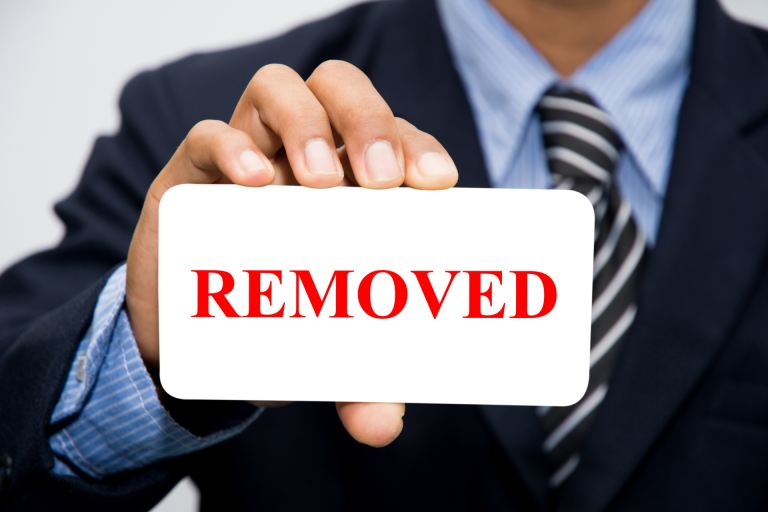The Florida Department of Business and Professional Regulation (DBPR) is the government agency responsible for licensing businesses and professionals within state jurisdiction. Currently, the DBPR is charged with licensing more than 1.4 million regulated professionals and companies.
Does my business require a DBPR License in Florida? Read on to find out.
What is the Florida DBPR? – Explaining the Agency’s Work
Florida law provides an extensive list of regulated professions and activities. For example, you cannot sell liquor, provide cosmetology services, work as an engineer, or sign engage in construction contracting without a proper license.
The licensing process is required to protect customers and set a high-quality standard that businesses must attain to operate legally.
The DBPR is the enforcement authority for the professional boards and programs responsible for overseeing and regulating the different professional categories existing in Florida.
One of the fundamental tasks performed by the DBPR is to receive complaints from Florida residents, investigate the existence of wrongdoing, and use disciplinary actions to ensure full legal compliance.
Examples of disciplinary actions include notices of noncompliance, citations, mandatory inspections, and suspension or revocation of a license.
Who Needs a Florida DBPR License? – In Detail
As of 2022, the DBPR is responsible for licensing and regulating 35 business segments, which are:
- Alcoholic beverages and tobacco
- Architecture and interior design
- Asbestos contractors and consultants
- Athlete agents
- Auctioneers
- Barbers
- Boxing, kickboxing, and mixed martial arts
- Building code administrators and inspectors
- Certified public accounting
- Child labor
- Community association managers and firms
- Condominiums and cooperatives
- Construction industry
- Cosmetology
- Drugs, devices, and cosmetics
- Electrical contractors
- Elevator safety
- Employee leasing companies
- Engineers
- Farm labor
- Geologists
- Harbor pilots
- Home inspectors
- Hotels and restaurants
- Labor organizations
- Landscape architecture
- Mobile homes
- Mold-related services
- Pari-mutuel wagering
- Real estate
- Real estate appraisers
- Talent agencies
- Timeshare
- Veterinary medicine
- Yacht and ships
Each category has distinct boards and commissions to oversee other subcategories. For example, the DBPR includes the Construction Industry Licensing Board (CILB), which is the main regulatory and licensing board for the construction industry in Florida.
Another example of specific commissions subordinated to the DBPR is the Florida Real Estate Commission (FREC), the main regulatory body responsible for administering and enforcing real estate licensing laws across the state.
Even though the DBPR is the main licensing agency in Florida, not all professions and business activities are under the department’s regulatory responsibility. For example, there are several activities regulated by the Florida Department of Agriculture and Consumer Services (FDACS) and the Florida Department of Health.
How to Apply for a License with Florida DBPR – An Overview
Considering the overwhelming number of categories and subcategories governed by the DBPR, there are several ways in which you can file for a license in Florida. In most cases, applicants are filing for a new license or renewal.
If a person does not have a professional license for a specific occupation or business, the application process involves an exam and qualification process.
The best approach for applicants is to work with an expert licensing attorney in Florida to ensure a seamless experience when applying for a license with the DBPR.
Do You Want to Obtain a Professional License in Florida? – Immediately Contact Jurado & Associates, P.A.
A well-versed licensing attorney from Jurado & Associates, P.A. is willing to help you succeed. Call us today at (305) 921-0976 or email [email protected] to schedule a consultation.





